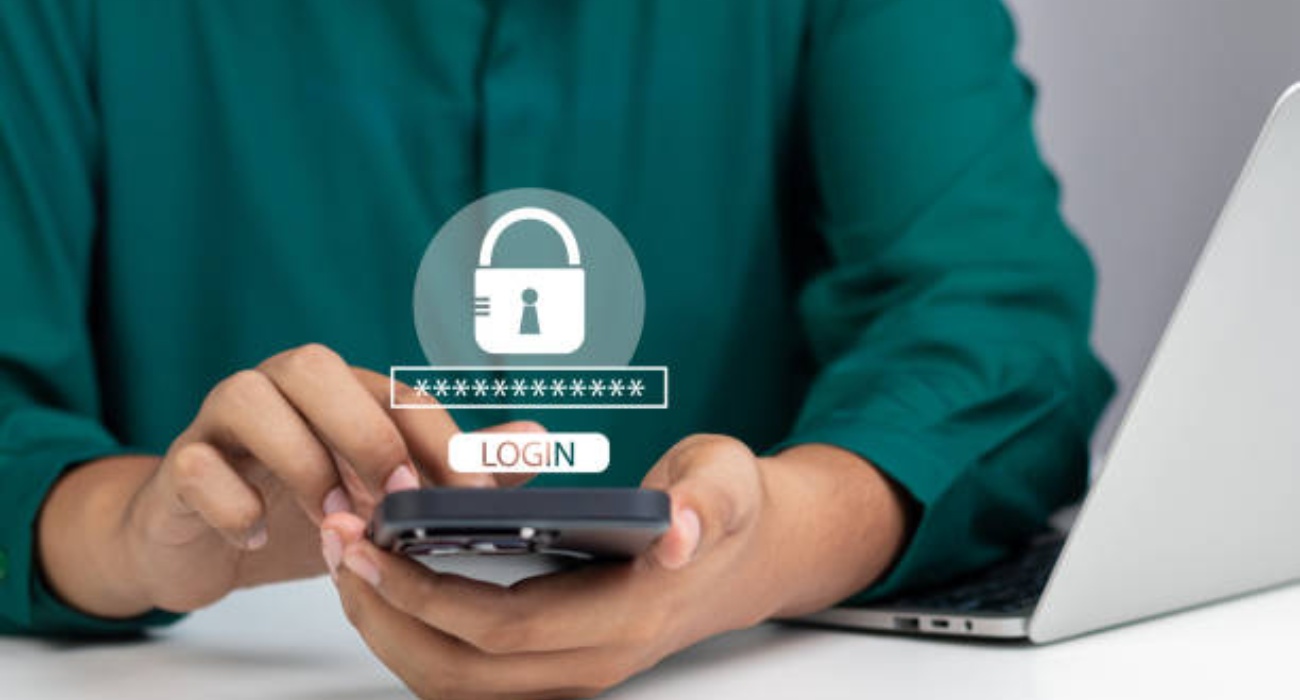In the age of the internet, every click, share, and post contributes to your digital footprint. This trail of data can provide valuable insights about your online behavior but also raises significant privacy concerns. Understanding how to track your online activities ethically is crucial in managing your digital presence while maintaining your privacy. This article explores the concept of digital footprints, why they matter, and how to ethically monitor your online activities.
Understanding Digital Footprints
A digital footprint is the collection of data left behind by your interactions on the internet. This includes websites you visit, emails you send, social media updates, and even your search history. Digital footprints can be categorized into two types: passive and active.
Passive Digital Footprints
Passive digital footprints are data trails left unintentionally. For example, websites can track your browsing habits through cookies and other tracking technologies. These footprints accumulate without your active input or awareness, often used by companies for targeted advertising.
Active Digital Footprints
Active digital footprints, on the other hand, are created when you deliberately share information online. This includes posts on social media, comments on blogs, popular online gaming like HK, or uploading videos and photos. These actions leave a traceable mark on the internet, which can be linked back to you.
Why Your Digital Footprint Matters
Your digital footprint can have far-reaching implications, affecting everything from personal privacy to professional opportunities. Here are a few reasons why it's important:
Privacy Concerns
Every piece of data you share online can potentially be accessed by others, including hackers, marketers, and even government agencies. Understanding what information is being collected and how it is used can help you protect your privacy.
Professional Reputation
Employers and recruiters often search for candidates online before making hiring decisions. A negative digital footprint, such as inappropriate posts or controversial comments, can harm your professional reputation and job prospects.
Personal Security
Cybercriminals can use your digital footprint to gather information about you, leading to identity theft, phishing attacks, and other security threats. By being aware of your online activities, you can take steps to safeguard your personal information.
Ethical Ways to Track Your Online Activities
Monitoring your digital footprint ethically involves taking control of your online presence without infringing on the privacy of others. Here are some strategies to help you track your online activities responsibly:
Use Privacy Settings
Most social media platforms and online services offer privacy settings that allow you to control who can see your information. Adjust these settings to limit the visibility of your posts, photos, and personal details. Regularly review and update these settings to stay in control of your digital footprint.
Search Yourself Online
Perform regular searches of your name on search engines to see what information is publicly available. This can help you identify and address any unwanted or inaccurate data about yourself. Set up Google Alerts for your name to receive notifications whenever new information about you appears online.
Review Your Social Media Activity
Regularly audit your social media accounts to ensure that your posts, comments, and photos align with the image you want to project. Delete any content that may be deemed inappropriate or unprofessional. Be mindful of the privacy settings on each post and consider the potential audience before sharing.
Use Digital Footprint Tools
Several tools are available to help you track your digital footprint. Websites like MyPermissions and Privacy Rights Clearinghouse offer resources and tools to manage your online presence. These tools can help you identify the data being collected about you and provide steps to reduce your digital footprint.
Opt-Out of Data Collection
Many websites and services allow you to opt-out of data collection and targeted advertising. Look for options to disable cookies and tracking features in your browser settings. Additionally, consider using privacy-focused search engines like DuckDuckGo, which do not track your search history.
Educate Yourself About Data Privacy
Stay informed about data privacy laws and regulations in your region. Understanding your rights can help you take proactive steps to protect your digital footprint. Organizations like the Electronic Frontier Foundation (EFF) provide valuable resources and updates on privacy-related issues.
Balancing Privacy and Transparency
While it is important to protect your digital footprint, it is also essential to maintain a level of transparency, especially in professional settings. Striking a balance between privacy and transparency can enhance your online reputation while safeguarding your personal information.
Professional Networking
Maintain a professional online presence on platforms like LinkedIn, situs togel online, etc. Share your achievements, skills, and professional interests while keeping personal information private. This can help you build a positive digital footprint that showcases your expertise and credibility.
Personal Branding
Be intentional about your online activities and the content you share. Develop a personal brand that reflects your values and goals. Consistency in your online presence can help you build a strong and positive digital footprint.
Conclusion
In today's digital world, your online activities leave a lasting impression. By understanding your digital footprint and tracking it ethically, you can protect your privacy, enhance your professional reputation, and ensure personal security. Take control of your online presence by using privacy settings, reviewing your social media activity, and staying informed about data privacy. By balancing privacy and transparency, you can navigate the digital landscape responsibly and maintain a positive digital footprint.
